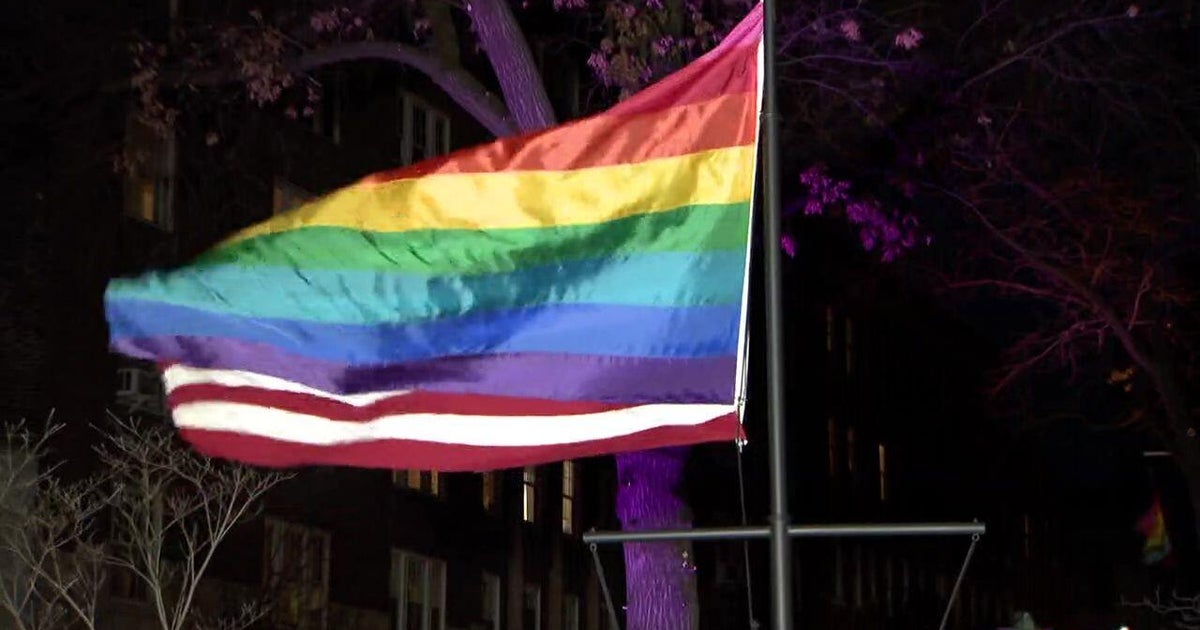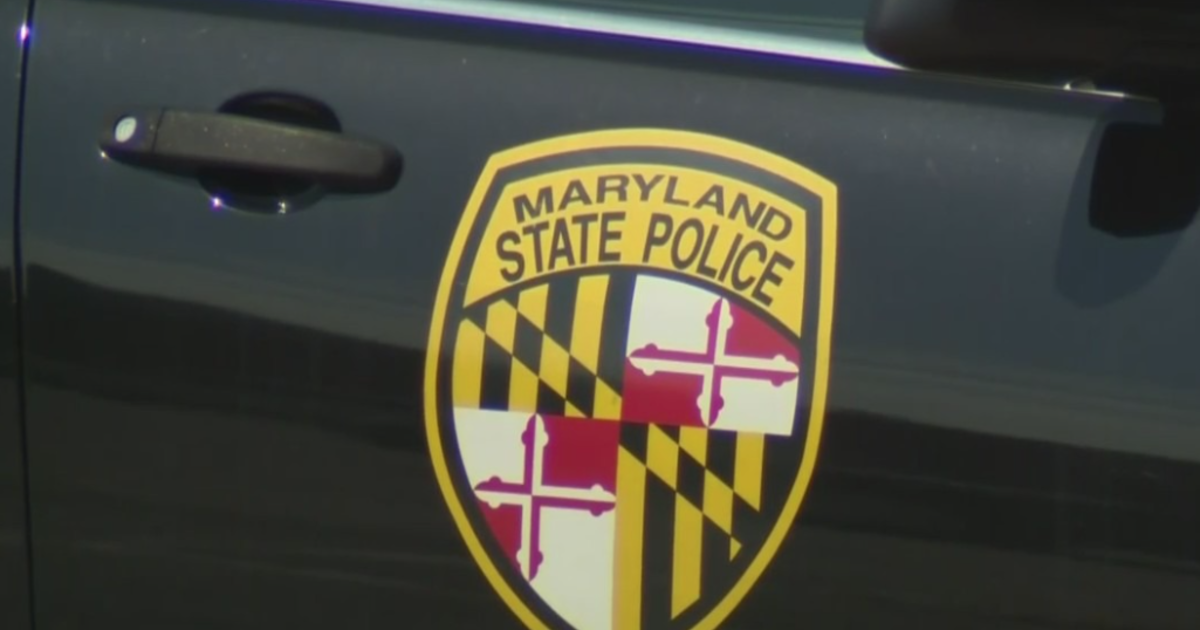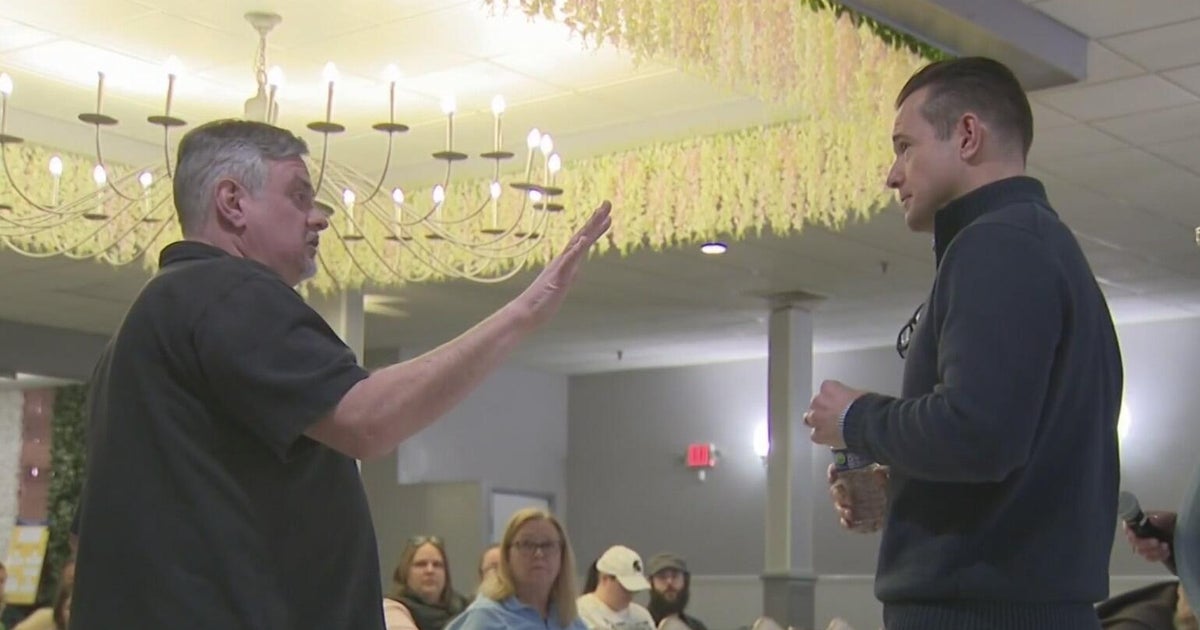O'Malley Proposes Deep Cuts To Balance State Budget
ANNAPOLIS, Md. (WJZ) — More than $1.5 billion. That's the budget deficit Maryland is facing, and the governor is coming up with big cuts to fix it.
Weijia Jiang explains how these budget decisions could impact your life.
Listening to angry Marylanders who lashed out against his administration for raising taxes in 2007, Governor Martin O'Malley is proposing deep cuts to balance the budget--undeniably frustrated by the task.
More than 80 percent of every dollar would go to "priorities like education, health, and public safety. That's 87 percent. The other 13 is everything else," said O'Malley.
In his proposal, $430 million of the transportation trust fund and capital budget would be transferred for day-to-day use. State Medicaid would be trimmed by $250 million. State employees who have agreed to a buyout would save $40 million. The city and county governments will do with $60 million less, and changes in the pension plan for state workers would save another $100 million.
"These are people who make $25-40,000 dollars a year, not big bankers," said Patrick Moran, director of AFSCME Maryland. "That's who they're going to punish? That's wrong."
While the governor focuses on cuts, some other lawmakers hope to pass tax hikes on gas and alcohol.
"The consumer would feel it, businesses would feel it, quite honestly the state would feel it," said Christopher Hannan, Bo Brooks co-owner.
Restaurateurs like Hannan say a-dime-a-drink increase would lead to less consumption and less tax revenue overall.
Drivers say a higher tax at the pump isn't the answer either.
"Anytime gas goes up, it affects peoples' ability to work, get to work, their overall financial position ," said Jason Bhattacharya, driver.
Wherever the money comes from, there's a $1.6 billion gap to fill with plenty of factors in the mix.
"The biggest variable that affects the choices is how quickly our economy recovers," O'Malley said.
For the first time in three years, the governor is not proposing furlough days for state employees.







